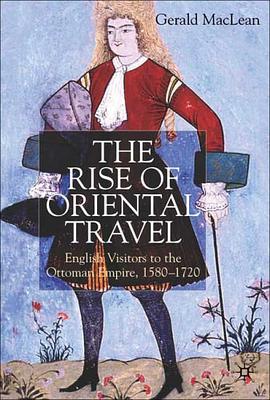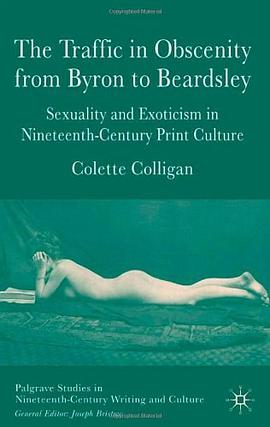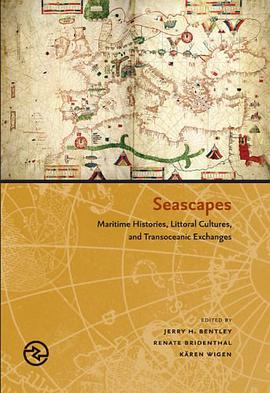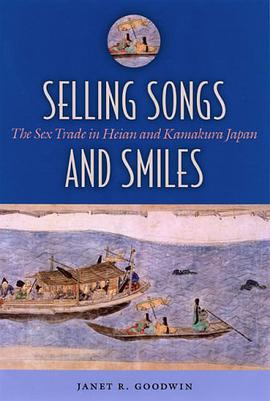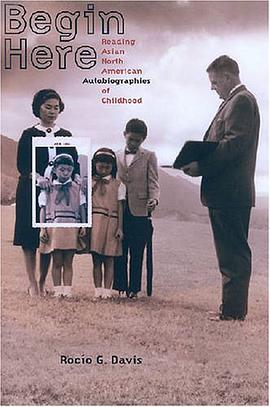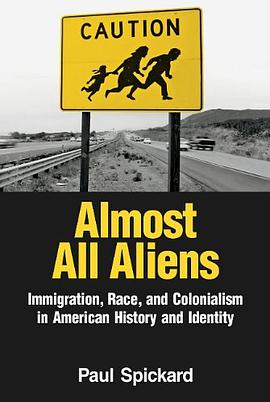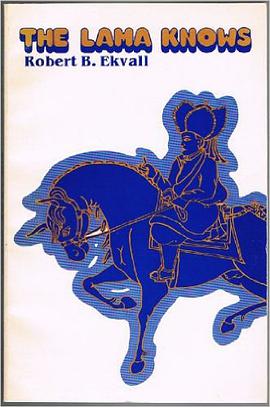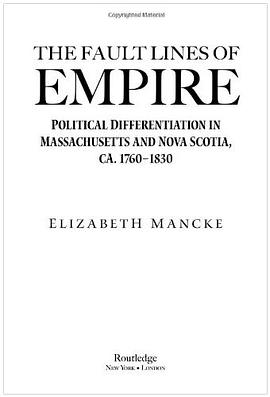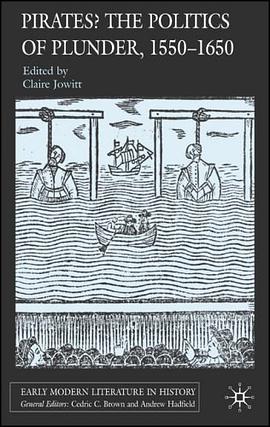

具體描述
'Pirates' hold enormous popular appeal as swashbuckling rogues performing feats of daring on high seas. Yet 'pirates' possess deeper meanings as they undertake a rich variety of cultural work: as allegories of religious and political issues; as actors in the theatre of empire; in terms of gendered behaviour, national, legal and racial identitites. Even the application of the term itself is contested since one person's 'pirate' is another 'privateer'. The new, inter-disciplinary essays in this collection work together to show how various, and how important, were the figures of the 'pirate', the 'corsair', the 'buccaneer' and the 'privateer' in the years 1550-1650. This period is one of the most lively in maritime history as it marks the beginning of the Age of Empire when, for example, the English nation seriously attempted, for the first time, to express ambitions for an empire to rival that of Spain and Portugal in the West and the Ottomans in the East. The discussions of the politics of plunder in this book by noted historians, lawyers, and literary scholars, provide an illuminating, previously neglected window on the cultural meanings of 'pirates' at the start of the Age of Empire.
著者簡介
圖書目錄
讀後感
評分
評分
評分
評分
用戶評價
相關圖書
本站所有內容均為互聯網搜索引擎提供的公開搜索信息,本站不存儲任何數據與內容,任何內容與數據均與本站無關,如有需要請聯繫相關搜索引擎包括但不限於百度,google,bing,sogou 等
© 2025 book.quotespace.org All Rights Reserved. 小美書屋 版权所有


